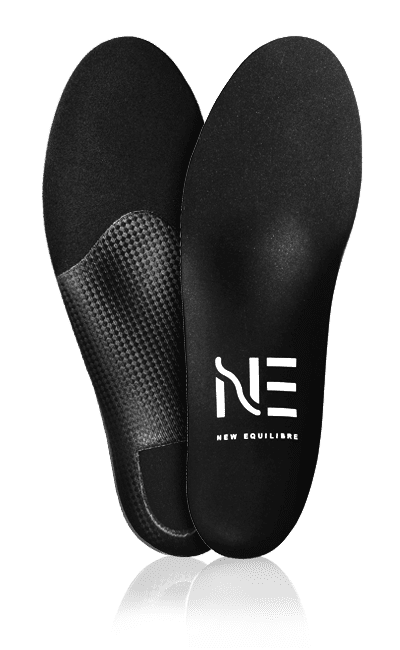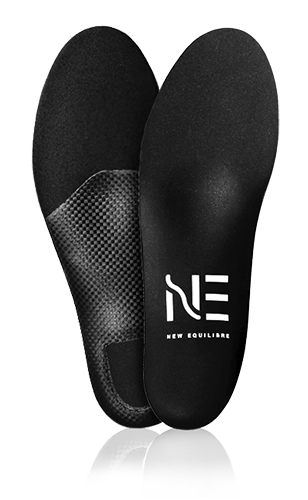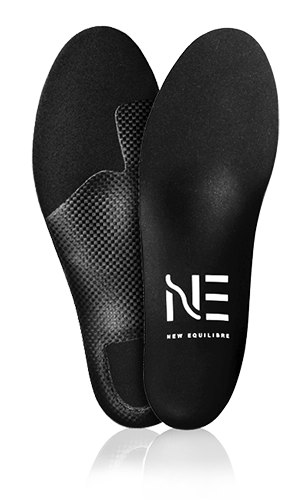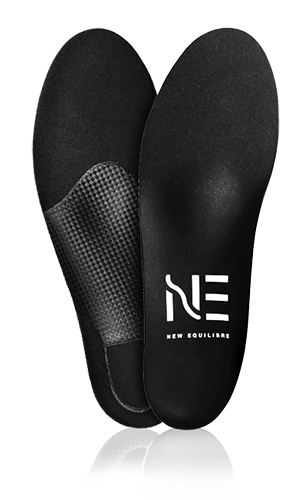Cramp
the complete guide
- Published on
- By New Equilibre
Les crampes musculaires sont des contractions musculaires involontaires, souvent douloureuses, qui surviennent de manière soudaine. Bien que fréquentes, elles peuvent être déconcertantes et perturbantes.
Nous allons explorer en détail ce phénomène, en examinant ses causes potentielles et en proposant des solutions pour soulager ces contractions désagréables. La compréhension des crampes est essentielle pour ceux qui cherchent à prévenir et à gérer ces épisodes gênants.
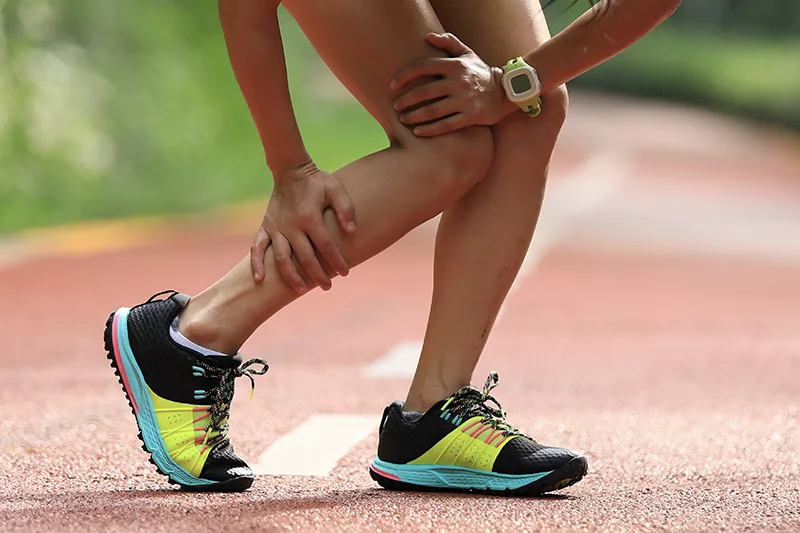
Qu'est-ce qu'une crampe?
A muscle cramp is a sudden, intense contraction of a muscle, often accompanied by pain. It can occur anywhere in the body, but the muscles most commonly affected are those of the legs, feet, calves and thighs. Cramps can vary in duration, from a few seconds to several minutes, and can leave a feeling of stiffness after they have disappeared.
Causes des crampes
- Dehydration: Lack of adequate hydration can cause electrolyte imbalance, which can trigger muscle cramps.
- Muscle overuse : Intense or prolonged physical effort can tire muscles, increasing the risk of cramps.
- Lack of Minerals : Deficiencies in minerals such as potassium, magnesium and calcium can contribute to muscle cramps.
- Bad stretching : Inadequate stretching or failure to warm up before exercise can predispose you to cramps.
- Medical factors : Certain medical conditions, such as neurological disorders, vascular problems or hormonal imbalances, can be associated with cramps.
- Medication : Certains médicaments, comme les diurétiques ou les statines, peuvent augmenter le risque de crampes.
Prévention des crampes
- Adequate hydration : Drinking enough water throughout the day can help prevent dehydration-related cramps.
- Regular stretching : Incorporating stretching into your daily routine and before exercise can prevent muscle cramps.
- Balanced diet : Eat mineral-rich foods such as bananas (potassium), nuts (magnesium) and dairy products (calcium).
- Moderate physical activity : Avoid muscle overload by adopting a progressive exercise program and listening to your body.
- Stress management : Excessive stress can contribute to cramps, so relaxation techniques can be beneficial.
- Suppléments : If your doctor recommends it, mineral supplements can be taken to prevent deficiencies.
- Pre-exercise warm-up : A proper warm-up before physical activity can prepare muscles for exertion and reduce the risk of cramps.
- Rest and massage : In the event of cramps, rest, gentle stretching and massage of the affected area can relieve the pain.
Muscle cramps can occur at any time, but an understanding of their causes and preventive measures can help minimize their impact. If you suffer from frequent cramps, it's advisable to consult a healthcare professional to rule out any underlying conditions. By taking a proactive approach, you can prevent cramps, improve your muscular well-being and maintain an optimal quality of life.
Les semelles orthopédiques pour soulager et prévenir les crampes
Cramps are mainly triggered by intense or unusual physical effort. Poor posture, incorrect movements and poor support can all lead to cramps more quickly during physical effort. The use of orthopedic insoles can prevent this pathology by reducing parasitic muscular tension.

New Equilibre
Healthcare professionals specializing in the design and manufacture of orthopedic insoles for over 35 years. Experts in lower limb care, our orthopedists design New Equilibre insoles in our laboratories in the south of France. Every year, thousands of users and patients in clinics place their trust in New Equilibre's expertise.

